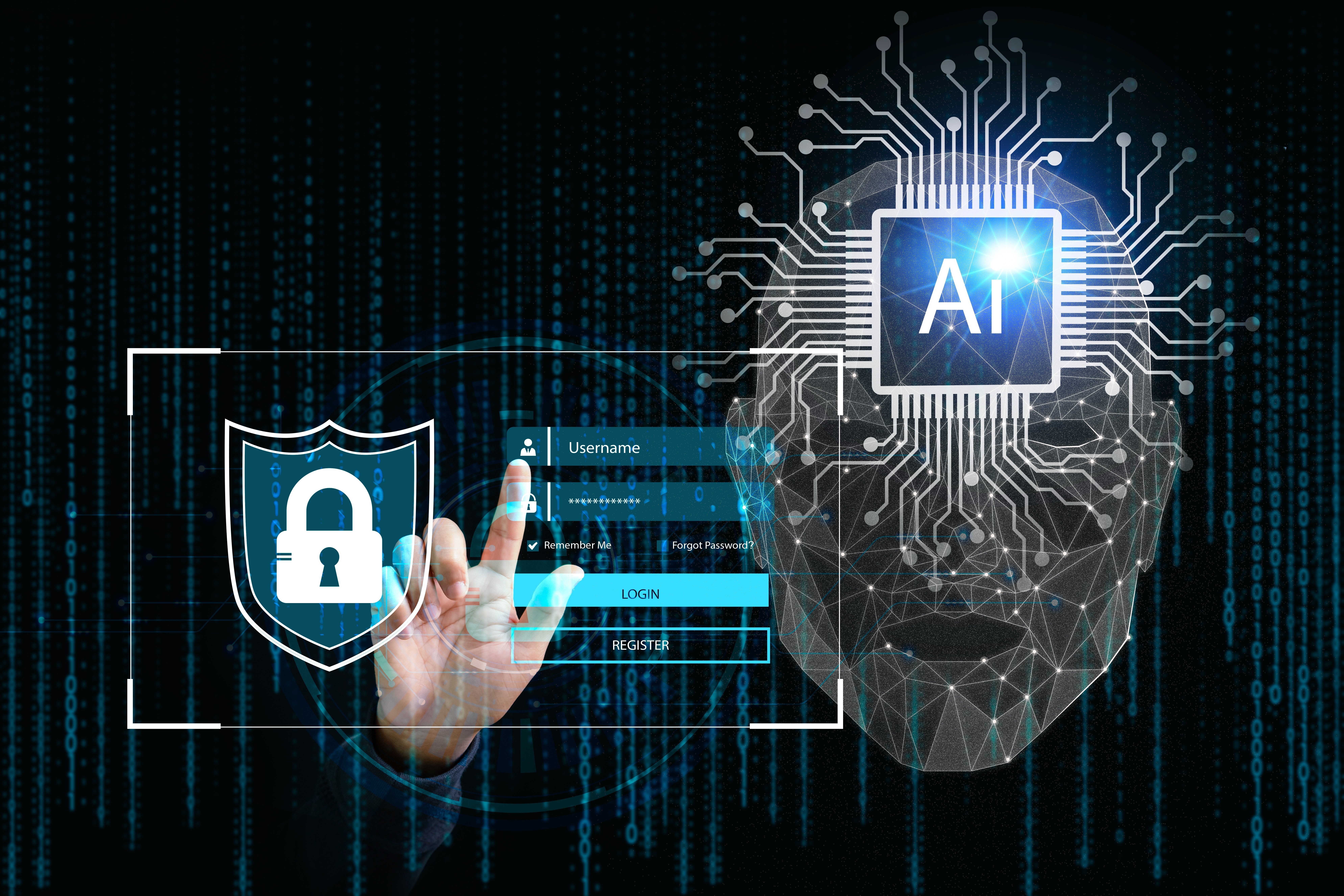The digital landscape of the public sector is vast and ever-evolving. From citizen data to critical infrastructure, protecting sensitive information demands a robust and adaptable cybersecurity posture. In this realm, Artificial Intelligence (AI) has emerged as a game-changer, offering unparalleled capabilities to outmaneuver and outsmart today's sophisticated cyber threats.

The Relentless Tide of Cybercrime:
Public sector entities face a relentless barrage of cyberattacks. Hackers, emboldened by anonymity and the potential for massive disruption, employ an ever-expanding arsenal of tactics. Traditional, rule-based security solutions often struggle to keep pace with this dynamic threat landscape.
- Zero-day exploits: Hackers develop and deploy these novel attacks before vendors can issue patches, leaving traditional antivirus software helpless.
- Social engineering: Phishing scams and other manipulative tactics prey on human vulnerabilities, bypassing even the most sophisticated technical defenses.
- Advanced malware: Polymorphic and self-learning malware strains can evade detection by constantly altering their code and behavior.
The consequences of successful cyberattacks in the public sector can be dire. Breaches can expose sensitive citizen data, disrupt critical infrastructure, and erode public trust. The financial costs are staggering, often running into millions or even billions of dollars.
AI to the Rescue:
AI injects much-needed agility and intelligence into cybersecurity. By harnessing the power of machine learning, deep learning, and natural language processing, AI empowers public sector defenders to:
- Detect sophisticated threats: AI algorithms can analyze vast amounts of data from diverse sources, identifying subtle anomalies and suspicious patterns that might elude human analysts. This includes network traffic, system logs, user activity, and even social media chatter.
- Predict and prevent attacks: AI models can learn from past breaches and threat intelligence to anticipate attacker behavior and predict their next moves. This proactive approach allows defenders to shore up defenses and pre-empt attacks before they can cause damage.
- Automate tedious tasks: AI can automate repetitive tasks such as security event log analysis and malware detection, freeing up human security professionals to focus on more strategic initiatives.
- Adapt to evolving threats: Unlike traditional rule-based systems, AI models can continuously learn and adapt to new threats and attack vectors, ensuring that defenses remain effective even as the threat landscape changes.
Real-World Impact:
Public sector agencies around the world are already reaping the benefits of AI-powered cybersecurity. Here are a few examples:
- The City of London Police: Implemented an AI-based system to detect and prevent phishing attacks, leading to a significant reduction in fraudulent emails reaching citizens.
- The United States Department of Defense: Leverages AI to analyze network traffic and identify malicious activity in real-time, protecting critical military infrastructure.
- The Singaporean government: Employs AI to monitor social media for signs of cyber threats and disinformation campaigns, safeguarding national security.
The Road Ahead:
While AI offers immense potential for public sector cybersecurity, challenges remain. Ethical considerations, data privacy concerns, and the need for robust training datasets are all crucial factors to address. Moving forward, it's essential to:
- Develop clear ethical guidelines for AI use in cybersecurity.
- Prioritize data privacy and security to ensure citizen trust.
- Invest in training and education for cybersecurity professionals to effectively leverage AI tools.
Conclusion:
In the ever-escalating war against cybercrime, AI is no longer a futuristic luxury; it's an indispensable weapon for public sector defenders. By embracing AI and its transformative capabilities, public sector agencies can build a more resilient and proactive cybersecurity posture, safeguarding the sensitive data and critical infrastructure that underpins our society.
Remember, AI is not a silver bullet. It's a powerful tool that, when used responsibly and in conjunction with human expertise, can make a world of difference in the fight against cybercrime. Let's embrace the potential of AI and work together to build a more secure digital future for all.
Call to Action:
Share your thoughts and experiences with AI in public sector cybersecurity in the comments below. Let's start a conversation and learn from each other!

Ola Jader



-Apr-25-2024-09-43-35-5584-AM.png?width=80&height=80&name=Untitled%20design%20(77)-Apr-25-2024-09-43-35-5584-AM.png)
